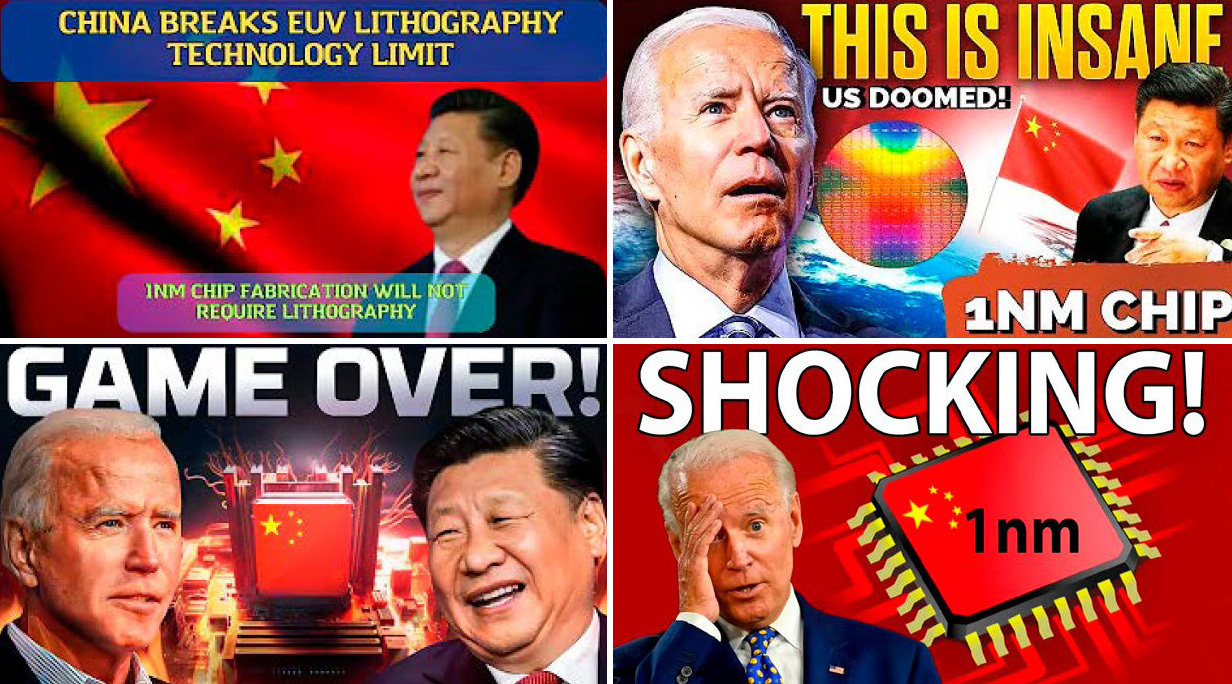In a YouTube video, a voice in English announces that China has researched and developed its own ultra-thin 1-nanometer chip – a staggering claim given that the chip isn’t expected in commercial devices for another decade.
“Recent news from China has sent ripples of excitement and astonishment across the globe,” gushes the voice-over on the China Charged YouTube channel. “This revolutionary breakthrough is more than a technological marvel; it is a game-changer that will redefine the global tech landscape.”
“Prepare to have your mind blown,” says another video, this time on the channel Unbelievable Projects. “Welcome to today’s video, in which we’ll discover why America remains behind China in infrastructure development.”
These voices and their “good news” about China are evidence that the Chinese Communist Party and its overseas proxies are using artificial intelligence to flood YouTube with propaganda videos, according to a new report that describes a “coordinated inauthentic influence campaign” on the platform.



deleted by creator
We should certainly establish the same definition of “green”, as it is so wide it encompasses both of our positions.
I claim that most people expect EVs to be the solution for eco-friendly transportation that is sustainable and future-proof. And this is not true. That’s what I meant.
It’s important to clear out why it is unrealistic in order to address it. I see two reasons: 1.Governments not doing enough to promote and build effective public transit 2.People not willing to lose comfort of driving their own car - something that insulates them from other people and allows to move anywhere anytime.
And both are solvable through policy changes. First, we desperately need to invest in public transit. We can get money by taxing car sales more, which will shift both sides of the equation by making cars less affordable, while at the same time freeing up money for public transit development (of course, less sales of cars should be factored in). We need more routes, more comfortable conditions for passengers, more relatively low-scale options to drive passengers to less popular destinations. We also need to subsidize taxi and car rentals for cases when someone actually needs a car.
But those are the solutions that might get negative reaction of the public at first, and this tension is to me the most problematic (of course after lobbying made by automakers). Populist leaders will never go for that step, or they risk losing their popularity and influence.